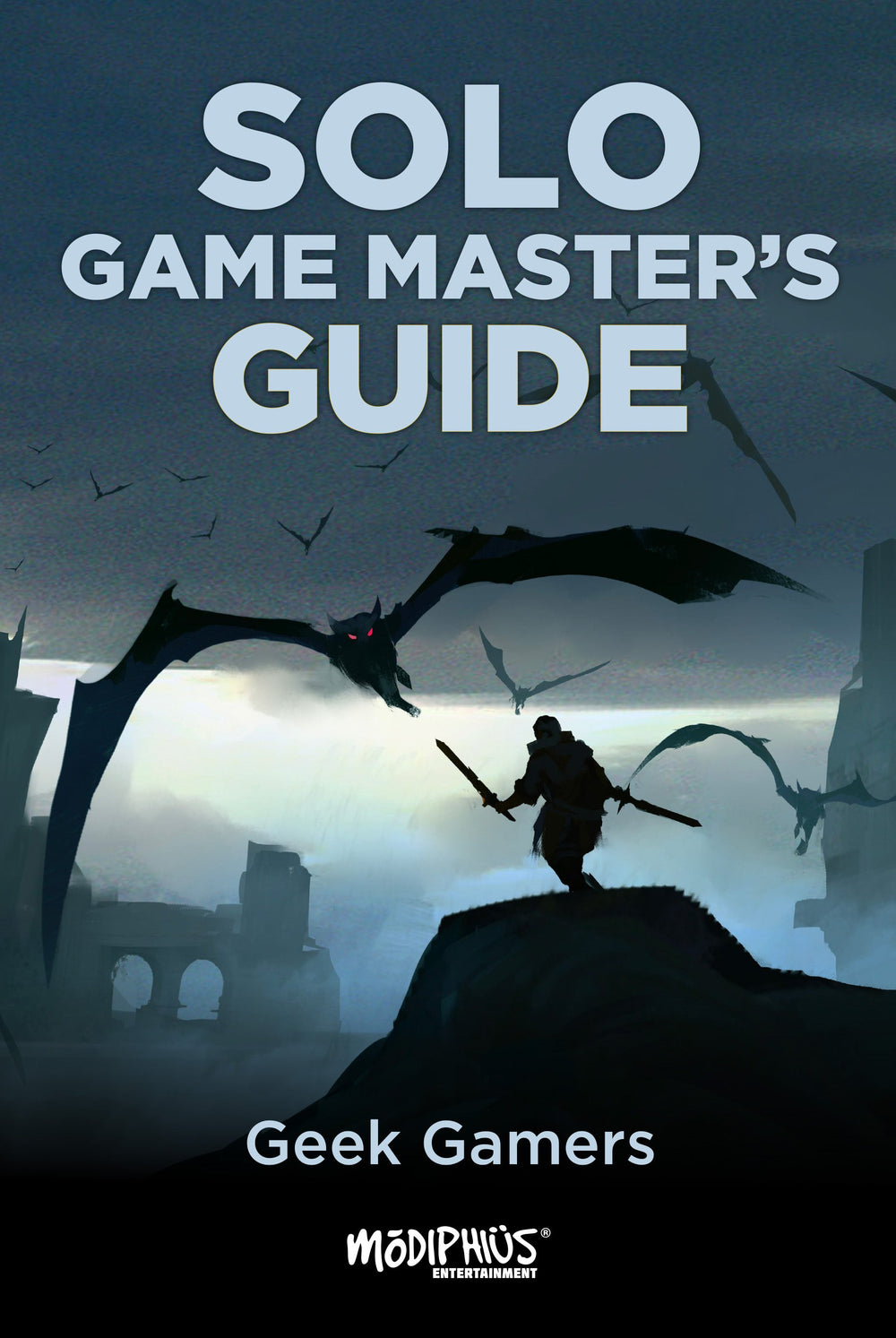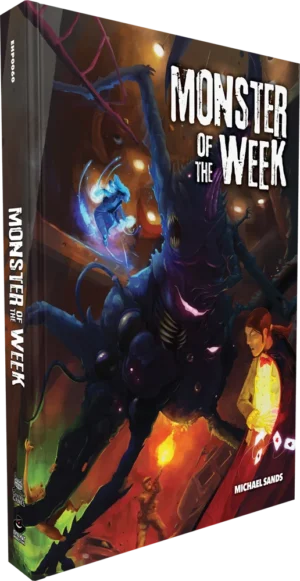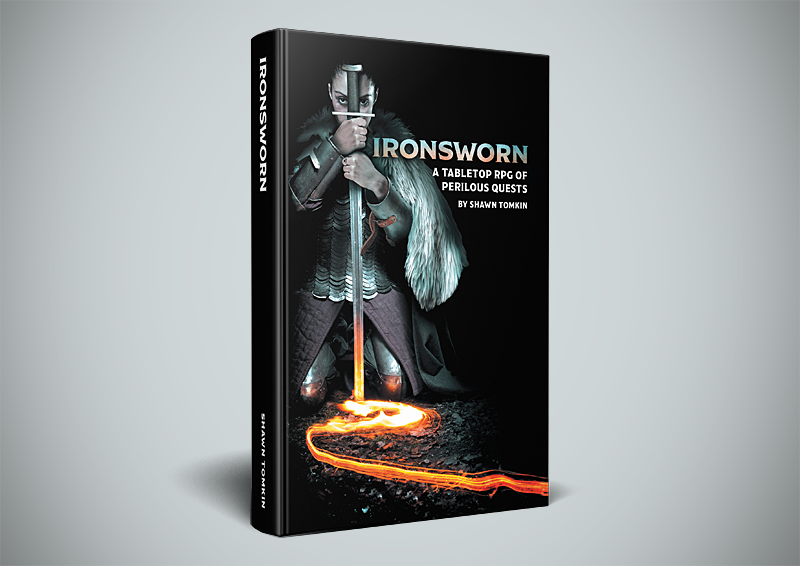Solo Gamemaster's Guide Narrative-Driven; Solo Play; Exploration-Driven; Rules Lite; Mystery; Survival; Resource Management
The 'Solo Game Master's Guide' is a resource designed to aid players in experiencing tabletop roleplaying games without a dedicated game master. It focuses on providing system-neutral tools, mindset guidance, and random tables to facilitate solo play. Reviews suggest it's particularly useful for newcomers to solo RPGs or those seeking to overcome creative blocks, though experienced solo players might find the content familiar. The guide emphasizes narrative and creative decision-making, distinguishing itself from purely mechanical approaches.
Theme and Setting
The 'Solo Game Master's Guide' is not tied to a specific genre or setting. It provides tools applicable to various themes including fantasy, sci-fi, horror, and contemporary settings. The guide encourages players to leverage existing RPG systems and adapt them for solo play, allowing for personalized experiences across a wide array of worlds. Rather than prescribing a setting, it provides the means to explore any setting a player desires. It is system-agnostic, focusing more on general principles that can be applied to almost any existing RPG system.
Core Mechanics and Rules
The guide deemphasizes strict rules in favor of narrative-driven mechanics. A core element involves using oracles and random tables to generate story prompts, encounter ideas, and character motivations. The book provides a collection of tables to help answer the question of "what happens next?". It also discusses how to use and make oracles work for the player. It teaches how to avoid 'yes/no' dead ends in your narrative.
The mechanics revolve around these aspects:
- Prompt Generation: Using tables to spark ideas.
- Decision Making: Guiding the player on how to make choices to move the story forward.
- Narrative Focus: Emphasis on building an engaging story.
- System Adaptability: Applying the guide's tools to existing RPG rule sets.
What Makes It Unique
The 'Solo Game Master's Guide' stands out due to its focus on mindset and creative problem-solving rather than prescriptive rules or settings. Several reviewers have noted that its real value lies in shifting perspectives and helping players overcome common challenges in solo roleplaying, such as avoiding narrative dead ends. It combines practical tips with a focus on developing the right mindset for solo GMing, a contrast to resources that primarily offer random tables or pre-written scenarios. The guide aims to empower players to become confident solo storytellers. It compiles information that could already be out there online, but brings it together in an organised format.
Target Audience and Player Experience
The primary target audience includes:
- Newcomers to Solo RPGs: Individuals unfamiliar with solo roleplaying who need guidance on getting started.
- Players Seeking Creative Inspiration: Those who experience writer's block or struggle to generate compelling narratives.
- Gamers Without Groups: People who enjoy RPGs but lack a regular gaming group.
The player experience centers on:
- Narrative Control: The player has autonomy over the story's direction.
- Creative Freedom: The guide helps players to create imaginative adventures.
- Problem-Solving: Players learn to overcome narrative challenges and keep the story engaging.
- Accessibility: The system-neutral approach makes it accessible to players of various RPG systems.



